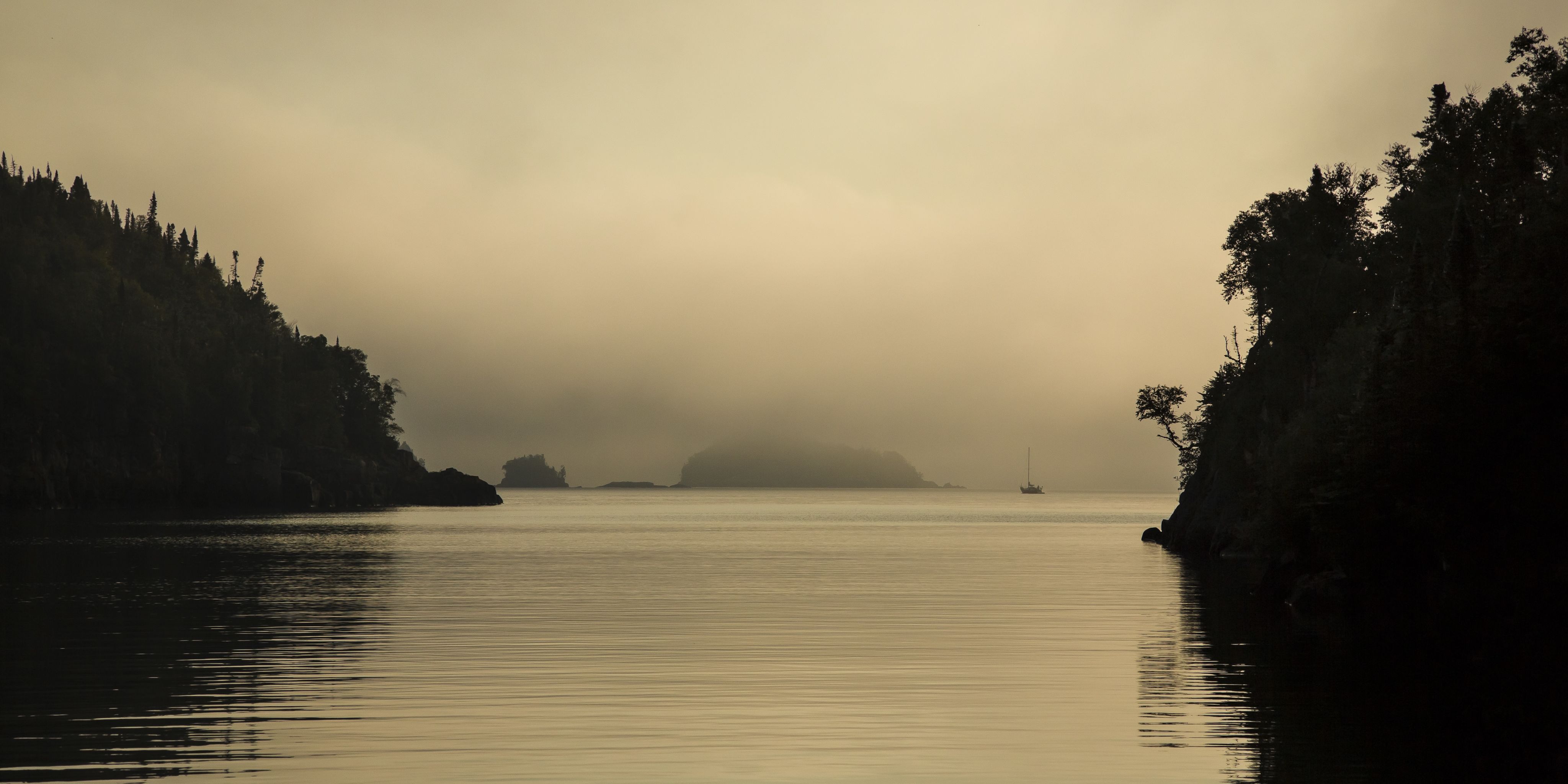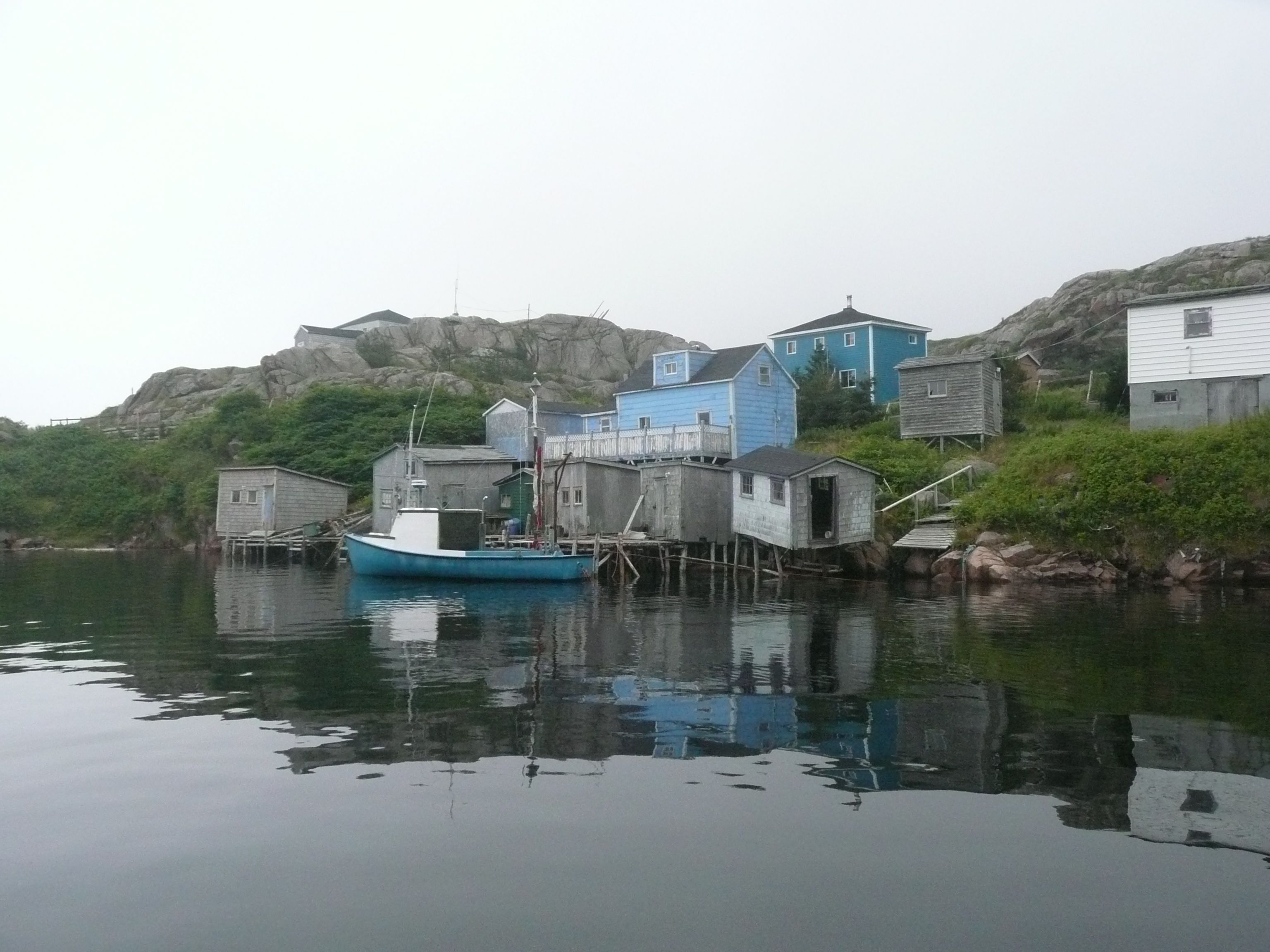
Memories of Petites
Abandoned but not forgotten: Returning to an ancestral outport in Newfoundland
Words & Photos By Martha Perkins


The waves pounded against the cliff, unrelenting and unforgiving.
The Atlantic Ocean was letting me know just how insignificant we humans really are.
I'd already had a taste of the ocean's power on the 20-minute dory ride from Rose Blanche to Petites, an abandoned outport inaccessible by road on Newfoundland's southwest coast. We'd had to wait until the boat's owner felt comfortable enough to venture out into open water as he took my parents, husband and me from one sheltered harbour to another. Up and down we rode the ocean's swells, my father's face ashen, mine flush with excitement.
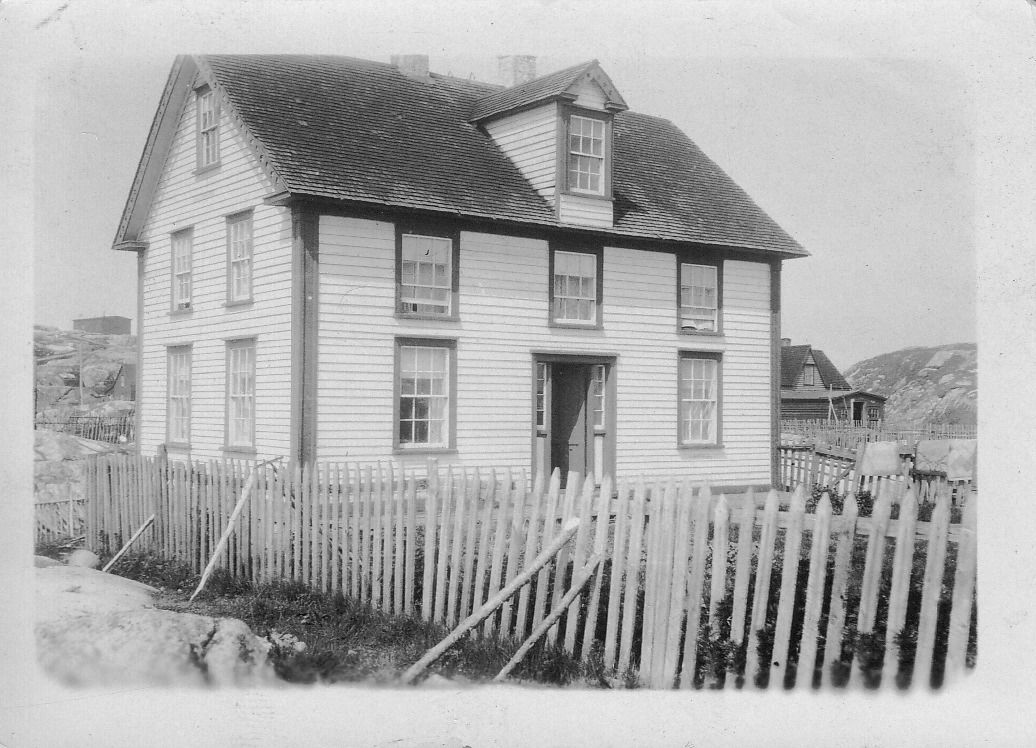
The Gosse family house in Petites, Newfoundland, circa 1920.
The Gosse family house in Petites, Newfoundland, circa 1920.
Growing up, my family had never had time to fit such a long road trip into my father's two-week summer vacation. So here I was, in my forties, not only visiting this tiny outport for the first time but also discovering why Newfoundland is known as "this marvellous, terrible place."
We were standing next to the saltbox house where my maternal grandfather had been born and raised. I was suddenly overcome by an intense feeling of connection.
It was as if my feet were growing roots. Never had I experienced anything like it before; I certainly hadn't willed it to happen.
This was the land of my people, even though I was not a person of this land. I don't think I could have moved if I'd tried.
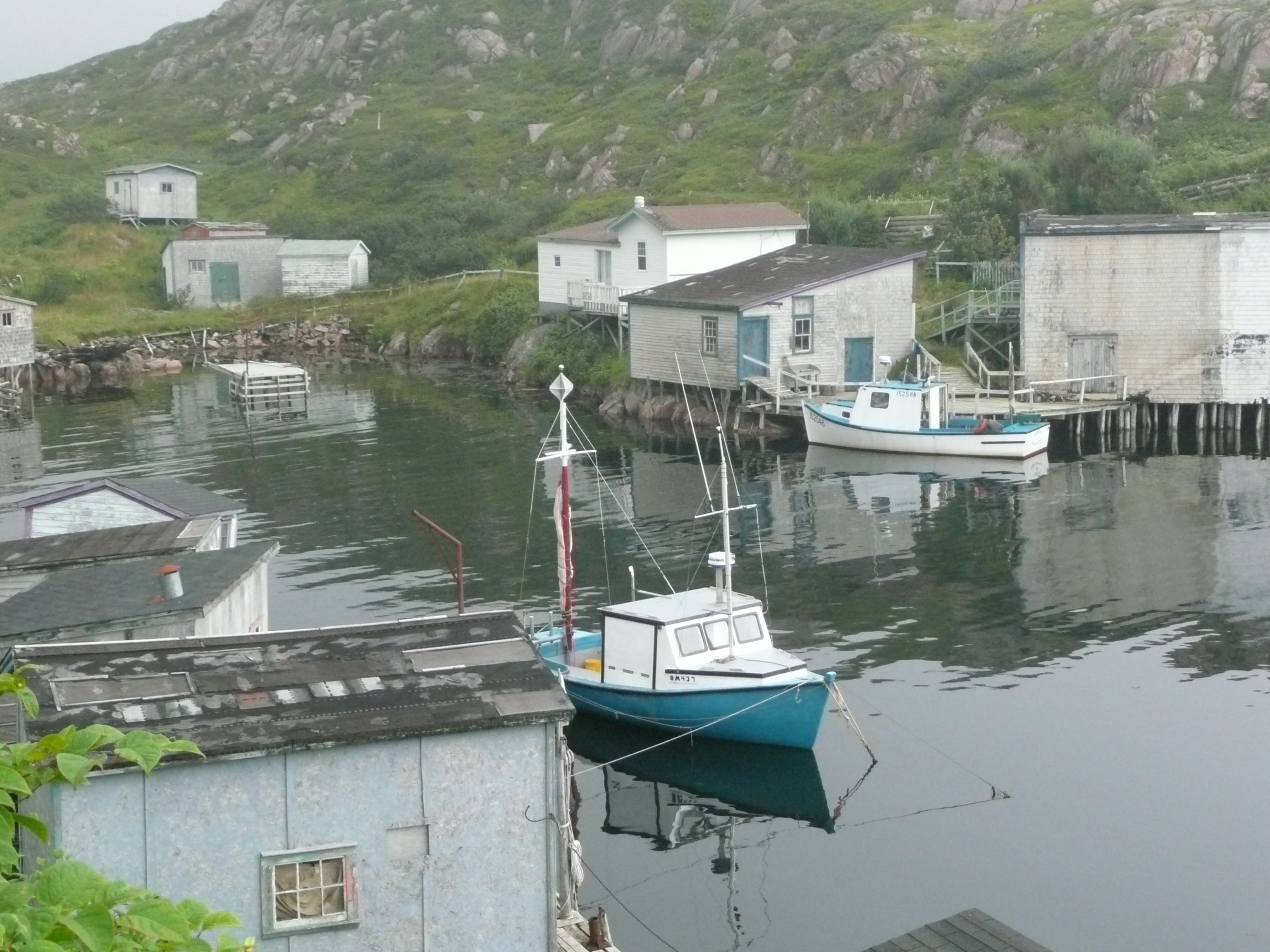
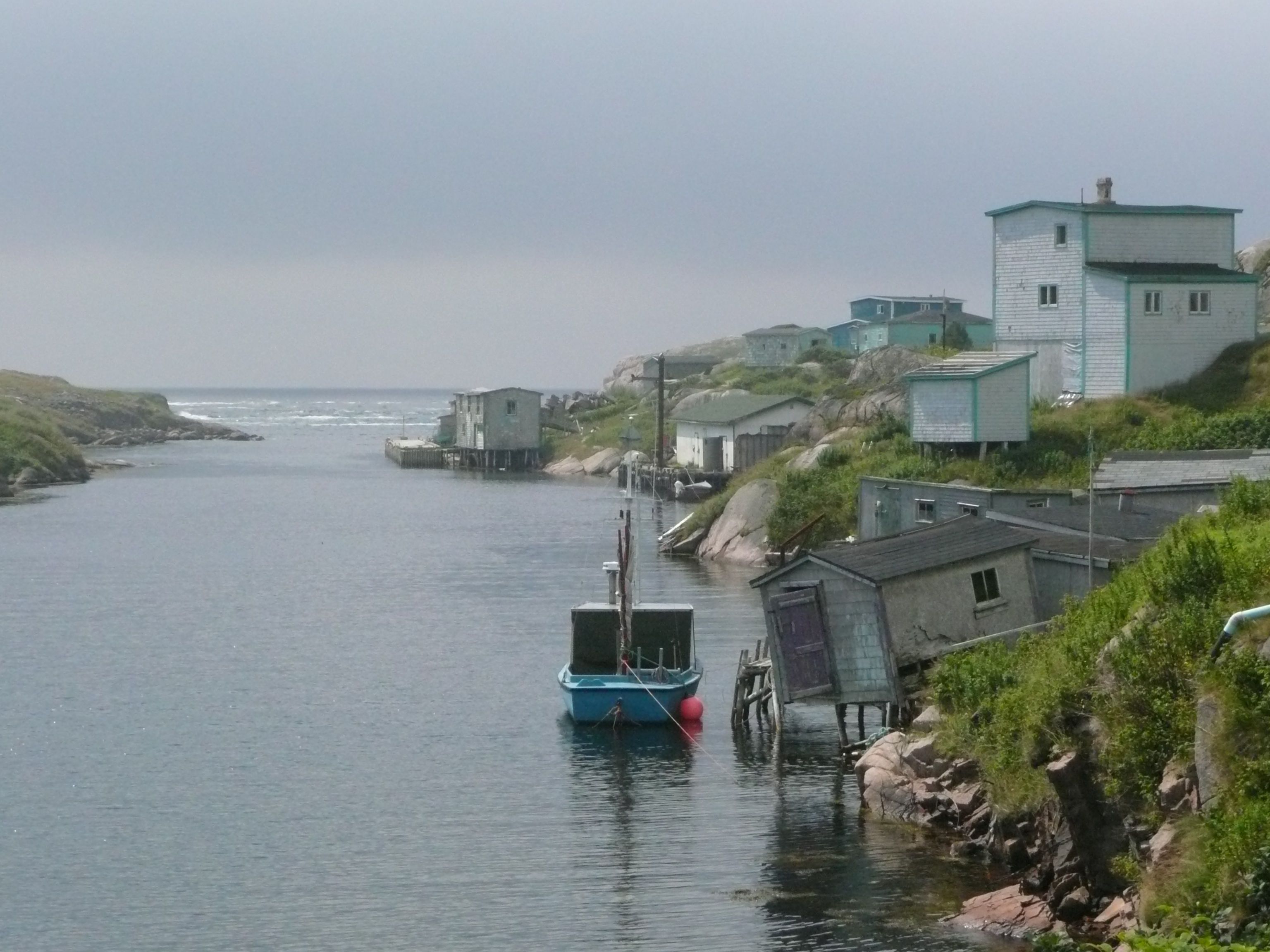
There is such a forlorn beauty to Petites. Judging by the number of houses built along the narrow pathways, quite a few families had once eked out a living here. The men would catch the cod and bring the fish to the wharf to be dried, salted and sold to the one store in the community.
Since the store paid less for the fish than the families spent on provisions, my grandfather rebelled against being indentured to the fishing companies.
He became a wireless operator and, in 1912, was stationed on an island near the mouth of the St. Lawrence when he heard three short taps followed by three long taps and three short taps as the Titanic sent out its S.O.S to anyone who was listening.
Shortly after my mother was born, he became a ship-to-shore operator on Toronto Island, living next to the lighthouse and establishing new family roots in Ontario.
Newfoundland's cod fishery collapsed in the early 1990s and, while a few families hung on to life in Petites, in 2003 the government paid them to abandon their houses and move to towns where services could more affordably be provided.
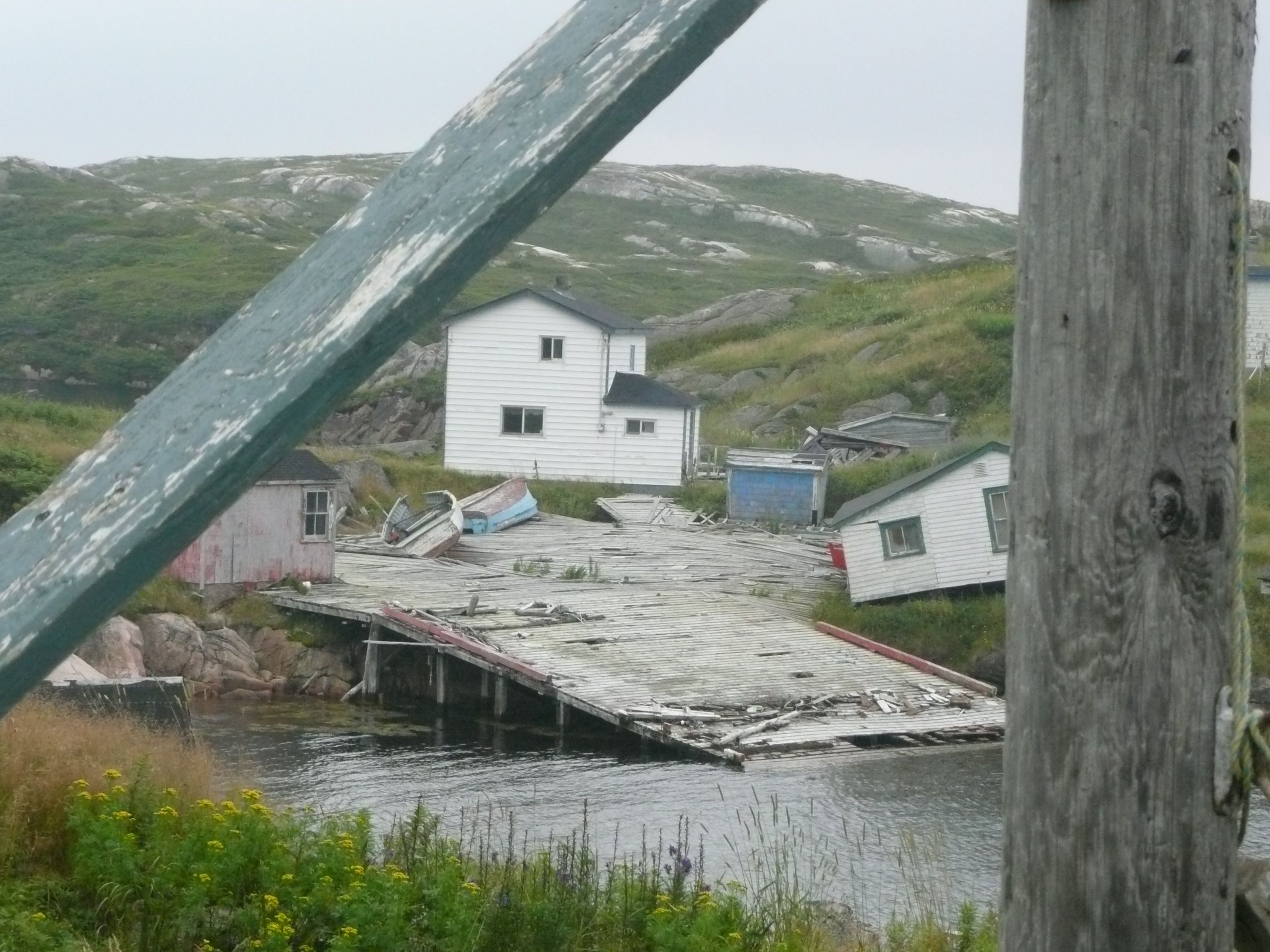
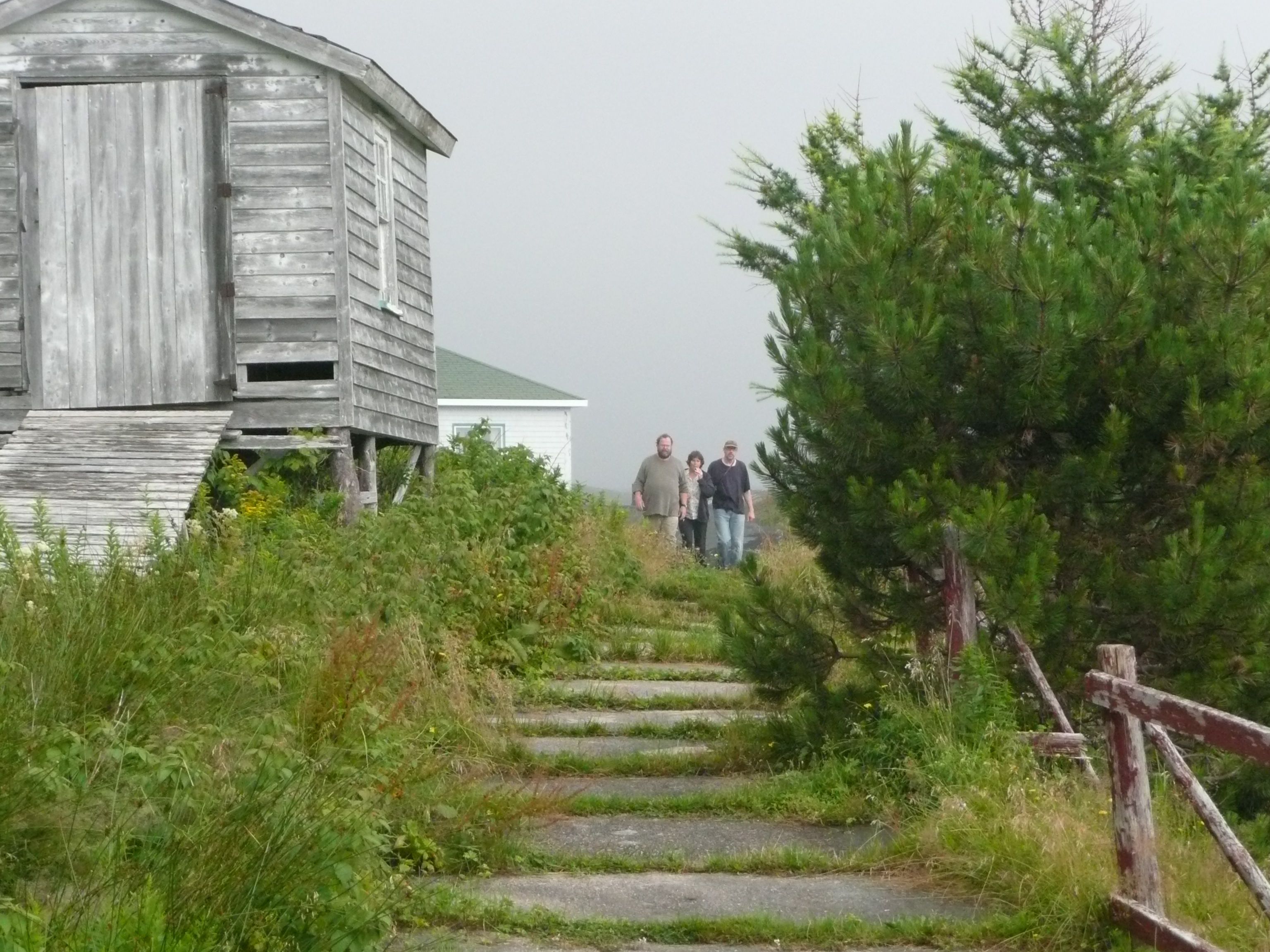
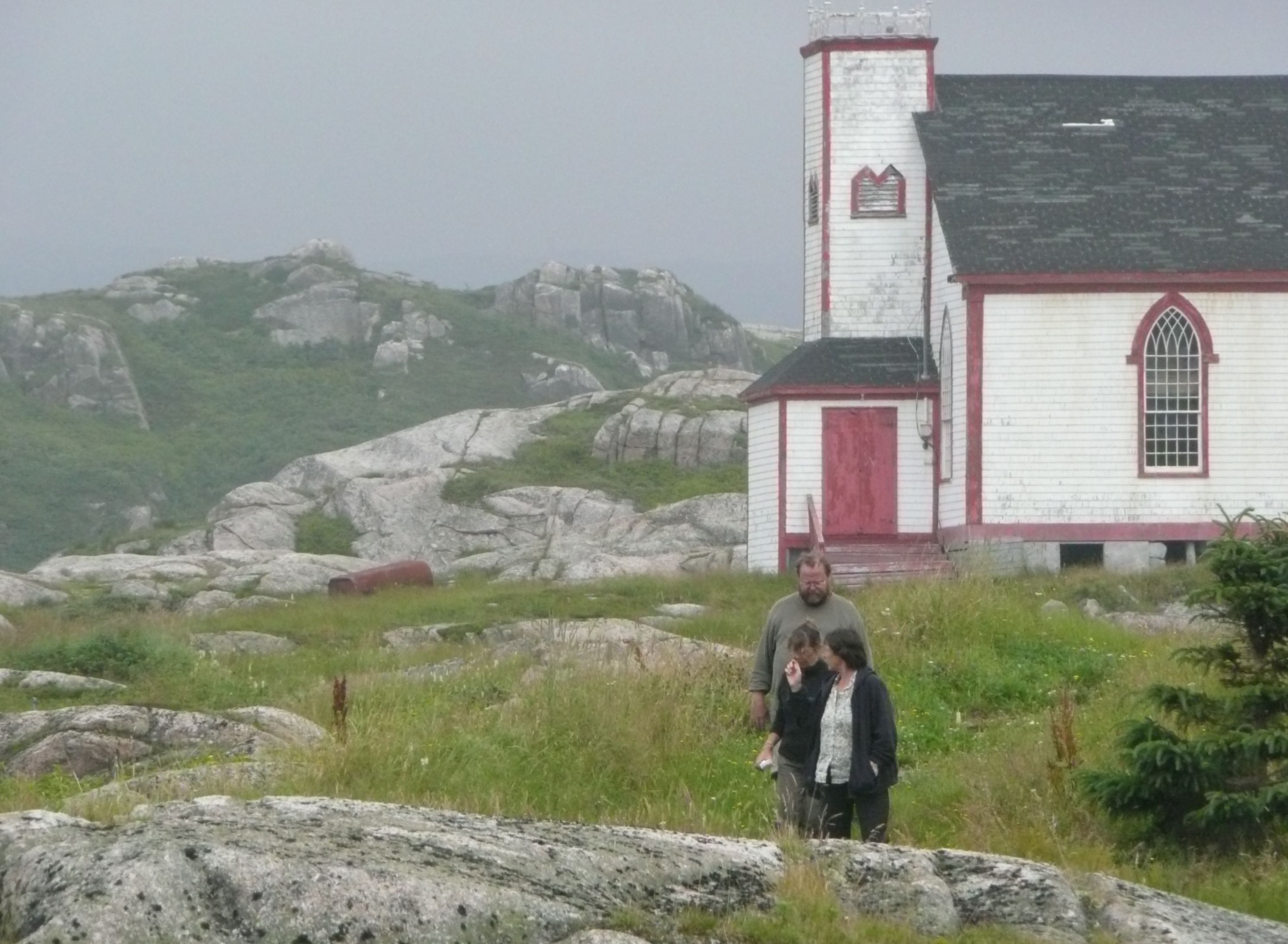
Many of the houses were left with doors unlocked and dishes still in the cupboard. It was eerie, and incredibly moving, to push open the front door and, quite literally, invade their space.
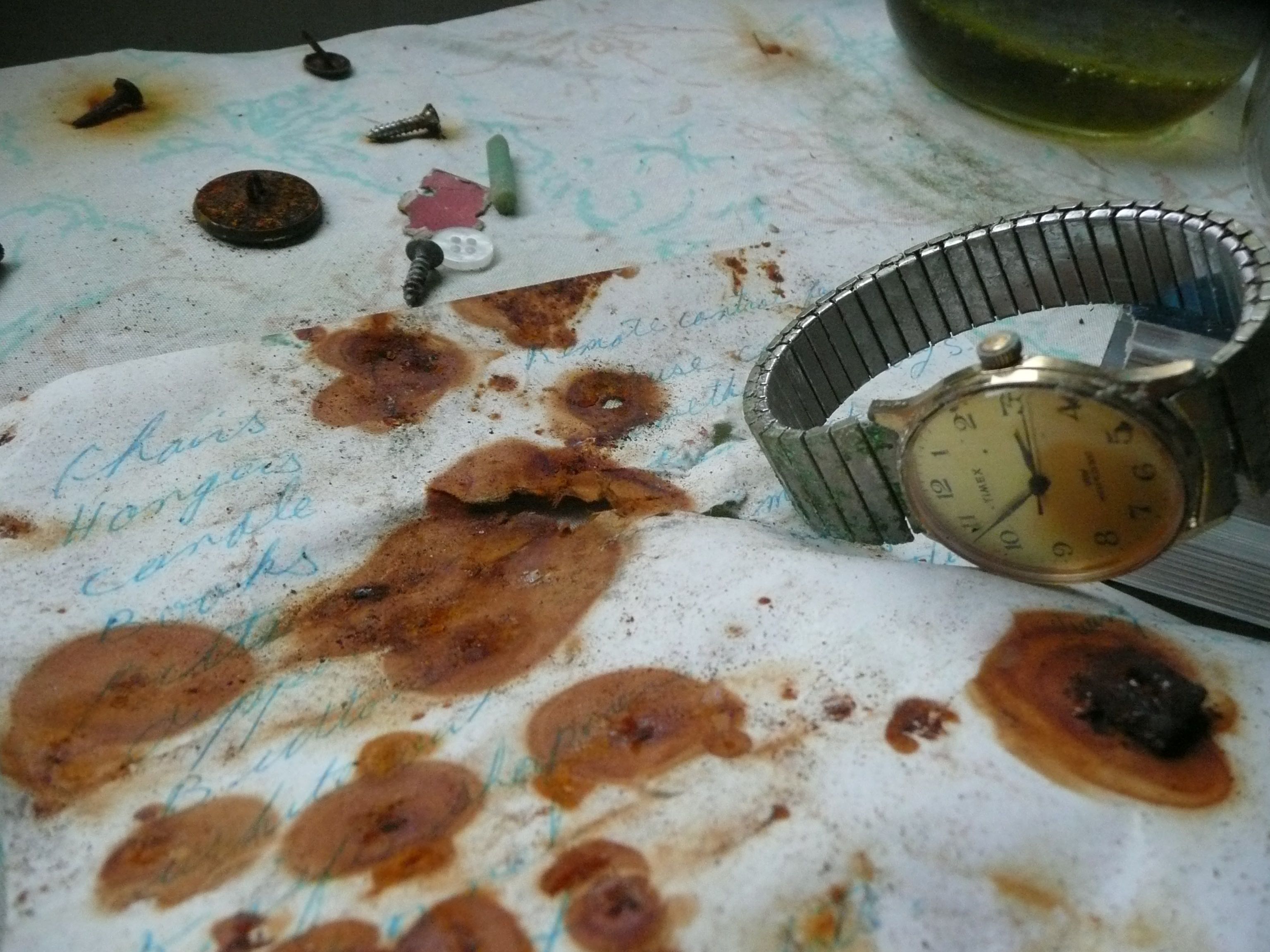
Time has definitely stopped in Petites; a watch and list left behind in one of the abandoned houses.
Time has definitely stopped in Petites; a watch and list left behind in one of the abandoned houses.
But how could the previous inhabitants mind? They'd left so many things behind. Good riddance? Deliberate reminders that this house had once been a family's home? A quirky expression of Newfie humour?
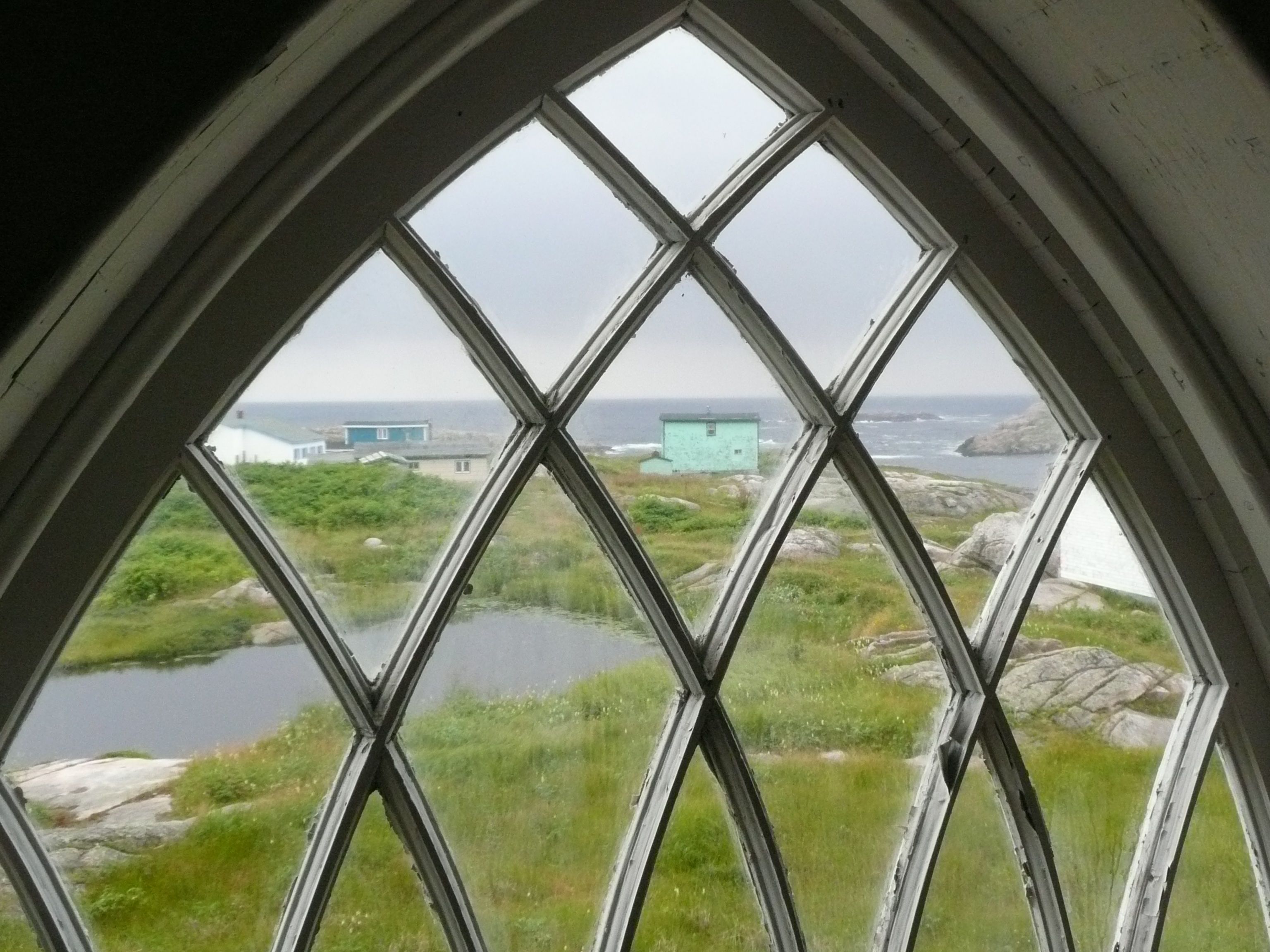
A few years later, I joined four of my siblings and brother-in-law on a return journey to Petites. My parents, then nearing their eighties, had decided to stay at our rental cabin in Port aux Basques, no longer feeling adventurous enough to climb the steep wooden ladder from the bottom of the wharf to the wooden planks that served as a sidewalk.
Our first destination was our great-grandparents' graves. Eldred and Lavinia Gosse were buried side by side, tucked in behind a hill, the village unseen. Their white tombstones faced the ocean, where the waves continued to pound as they had for thousands of years and will continue to pound for thousands more, whether we're here or not.
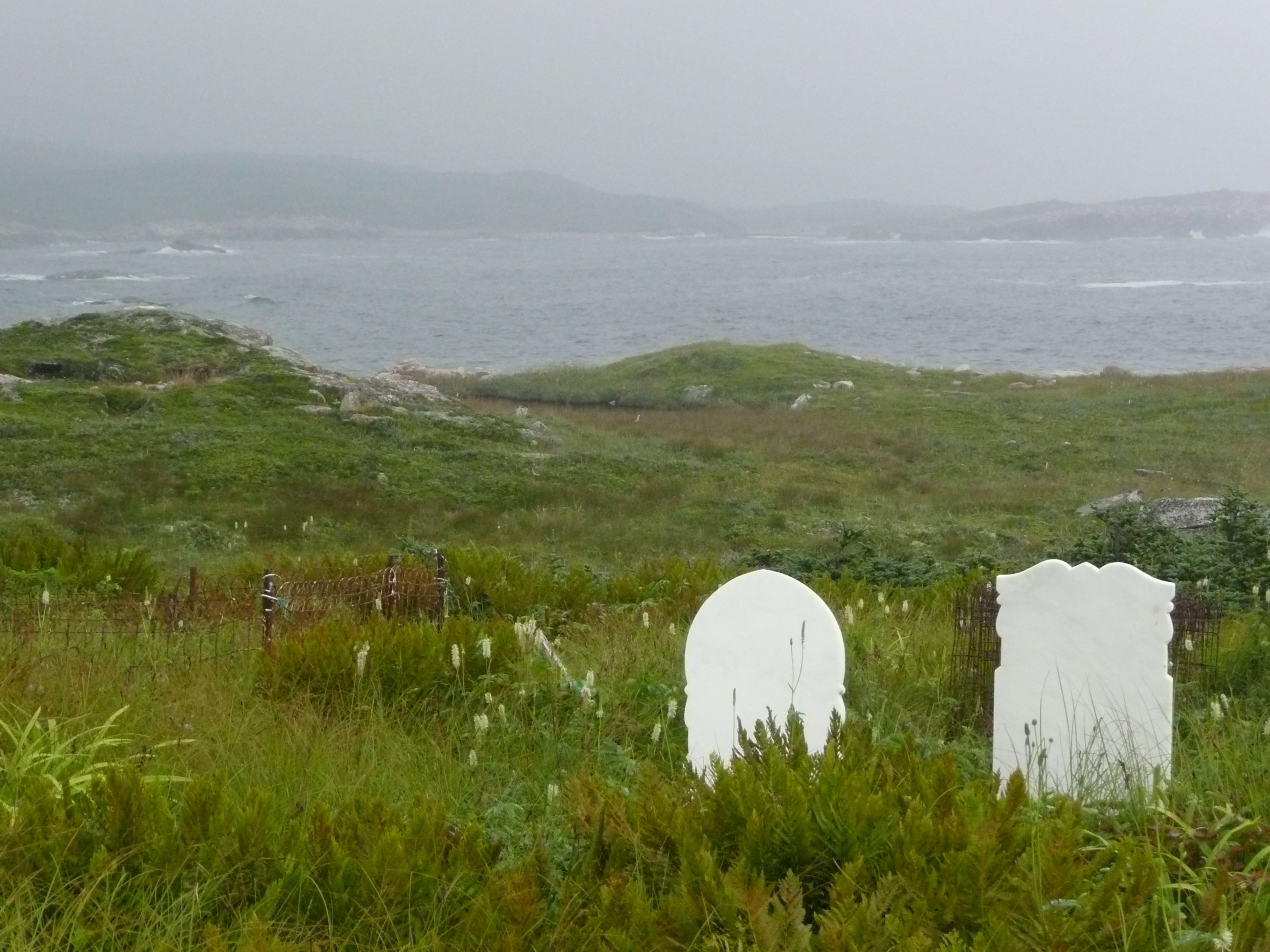
In the sixty years since they'd been laid to rest here, my great-grandparents were literally returning to the land, their graves sinking into the peat bog.
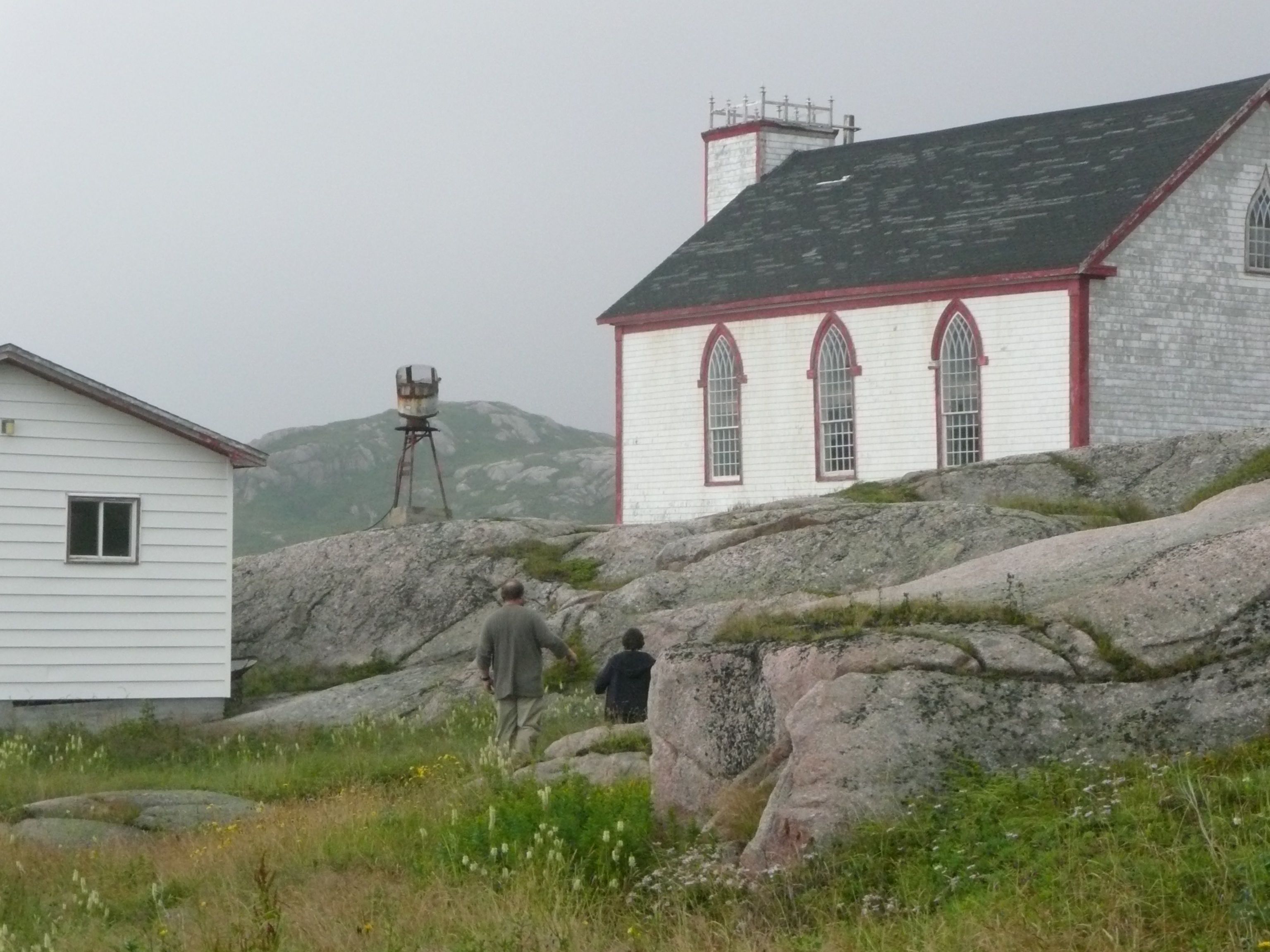
We also explored the Bethany Methodist Church, built circa 1859 and thought to be the oldest wooden church still standing in Newfoundland.
My great-grandfather, a hallelujah holy roller, had once preached here; now the church's soul was being saved by a kind-hearted couple from Ontario. John and Julia Breckenridge devoted their summers to scraping off paint and shoring up rotten timbers, determined for the wooden church's spirit to live on.
Perhaps it's because of the Breckenridges' ministrations that the church survived the brutal onslaught of Hurricane Fiona in 2022. Today, they are looking for someone else to spearhead the restoration project. I don't think I can. Unlike them, I'm handy only with a keyboard.
It doesn't help that I live in Vancouver, almost as far away as possible from the rock that cradled generations of my mother's family and yet still able to call Canada home.
Looking out at the mountains and ocean that force Vancouver to rise into the sky, I often feel I'm living on the wrong coast. One day I'll return to Newfoundland, even if it's just for a visit. I know it in my bones.

Martha Perkins
Martha Perkins is a retired community newspaper editor who believes in the power of storytelling to forge connections to the land and each other.
Embrace Canada with Landsby
Landsby creates unique and immersive experiences that not only provide travellers with purposeful and enriching trips but aim to positively impact the communities being explored.
